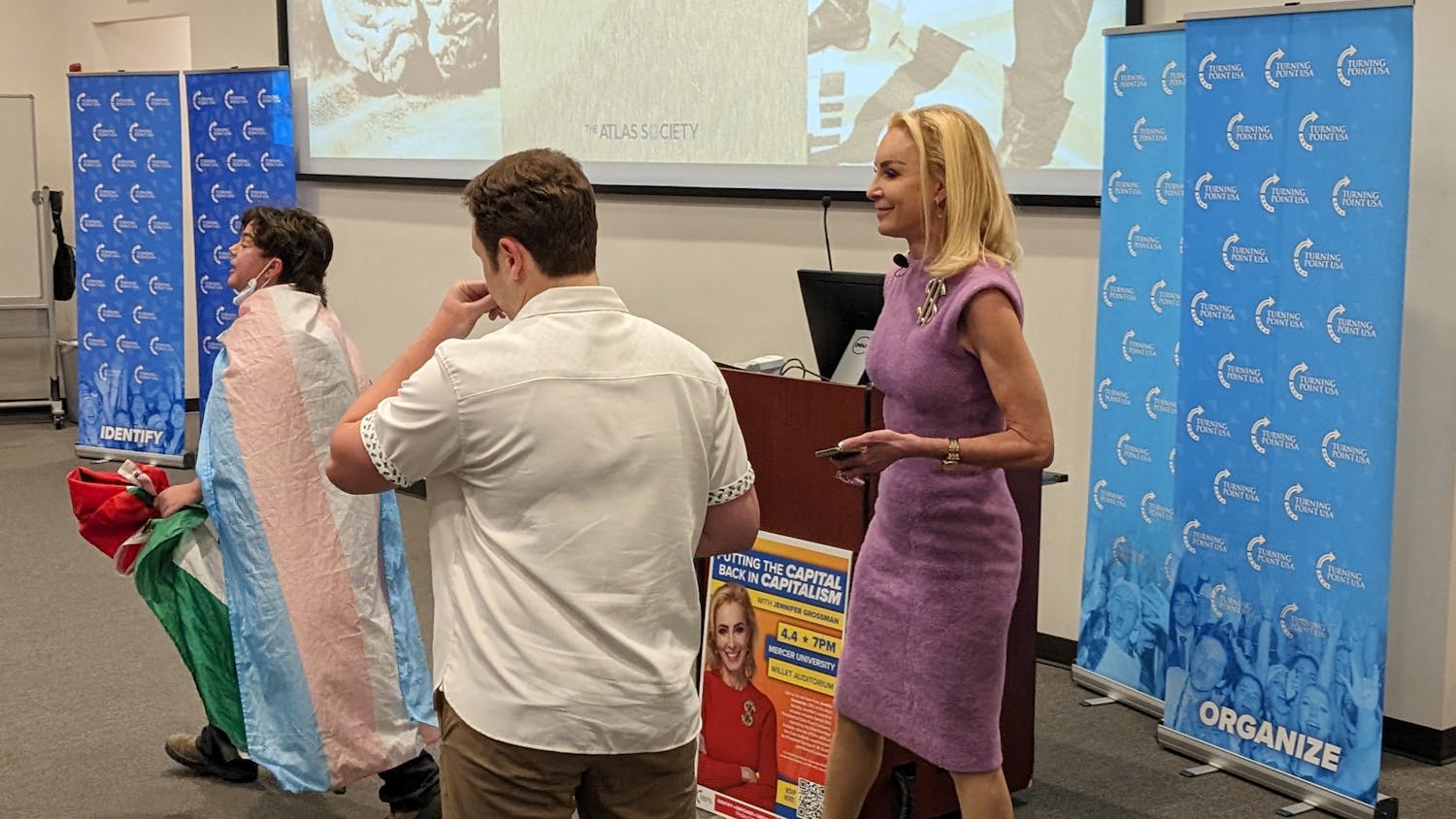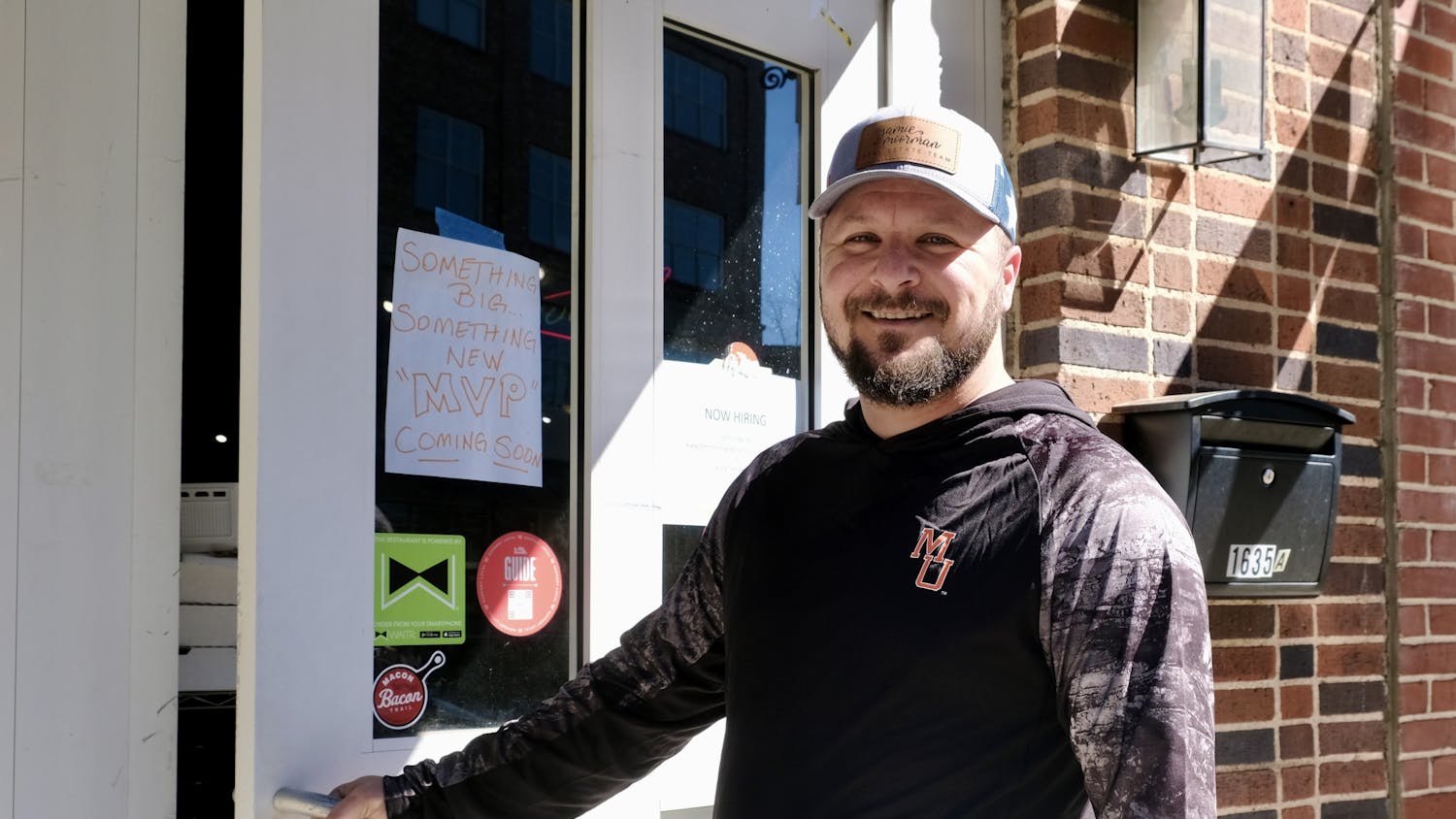http://gty.im/98529895
(Editor's note: This article was published before the State Senate passed a bill from the Health and Human Services Committee that would legalize medical marijuana for eight medical conditions. )
For Mercer University junior Katie Callaway, the Georgia Senate’s version of the medical marijuana bill came as disappointing news — it meant that her mom and sister would remain in Colorado as medical refugees.
On March 13, the Senate passed SB 185, which established a five-year study involving people with 18 seizure disorders. The bill also would legalize marijuana extract for people with seizure disorders who are under 18, cancer and seven other medical diagnoses.
However, this won’t help Katie’s sister, 17-year-old Maggie, as she needs cannabis oil with THC and the bill does not cover that. Maggie has suffered with a debilitating seizure disorder since infancy.
“The bill doesn’t do anything for many children in Georgia,” Katie said.
The Senate’s bill covers patients under 18 years old, according to the Georgia General Assembly Legislation website.
Maggie turns 18 years old in September, so it’s unlikely that she’ll be selected as a candidate.
“Having lawmakers set up a law for a clinical trial seems ridiculous to me,” Beth said.
There still is a chance that Senators will combine SB 185 with State Rep. Allen Peake’s House Bill 1 in the next few days.
Peake’s HB-1 legalizes cannabis oil for people with seizure disorders, cancer, and seven other medical diagnoses.
It’s been almost six months since Beth drove Maggie to Colorado as a part of State Rep. Allen Peake’s Journey of Hope — a fund dedicated to help families with children suffering with seizures receive treatment.
While in Colorado, Maggie received cannabis oil treatments since the therapy was legalized in the state.
Beth said she’s noticed a positive difference in her daughter’s condition thanks to the cannabis oil treatment.
It wasn’t the miracle the family originally hoped for, but Maggie has suffered years of neurological damage from her seizures, Beth said.
Maggie still has her “bad days” where she will have multiple seizures, refuses to eat and is emotionally distant. However, Beth said even these days are better in comparison to her “bad days” without treatment.
Along with coping with Maggie’s rocky medical condition, the family is dealing with the emotional strain of being over 1,000 miles away from one another.
Beth lives with Maggie in a small apartment in Colorado while her husband and Katie remain in Georgia.
“Part of me just wants to pack the car up and come home,” Beth said. “It just stinks… But if she’s having five to 10 good days here and we can’t share it with friends and family that stinks too.”
Katie said that at school she’s focused, but she faces the reality of her situation whenever she goes home.
“When I go home and it’s just poor old dad — it becomes more real,” she said. “It’s easy to get bogged down in the fact that being separated as a family is straining, but it’s more important to be out there so she can have treatment.”
Journey of Hope began after last year’s failed attempt to pass legislation that would have legalized medical cannabis oil treatment in Georgia.
Peake’s House Bill 885 originally passed in the Senate, but Sen. Renee Uteman tacked on provisions requiring insurance coverage for treatment of autism in children.
The bill with these additional mandates failed to pass in the Senate, possibly because it increases health insurance costs for small businesses.
On Feb. 25, the state House passed HB-1 bill with a 158-2 vote to legalize cannabis oil to treat major health disorders, including seizures.
Whether or not the bill passed in the Senate determined the family’s next move for Maggie’s treatment.
However, Beth said she feels that the Senators are oblivious to the public outcry for the bill.
“To have your family’s livelihood in the hands of politicians is bad — it’s just not where you want to be,” she said. “Everything you want to do moving forward depends on Senators and House members who really don’t to hear what the people are saying.”
For now, Katie and her family will wait and see what happens.
“It stinks,” Beth said. “It stinks to be a situation where your fate is in others hands that just appear to have absolutely zero compassion, and that’s the disheartening thing for us.”




